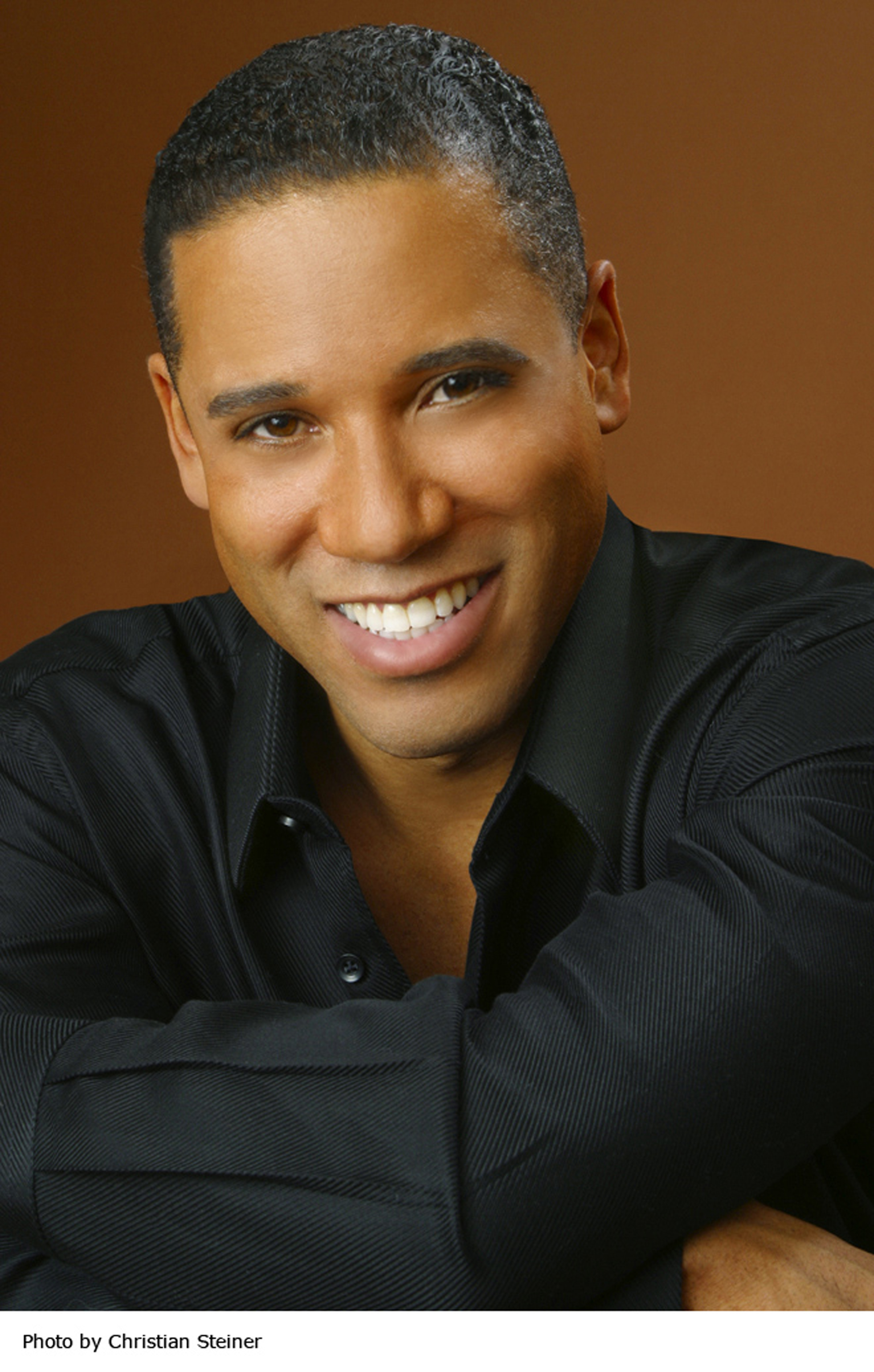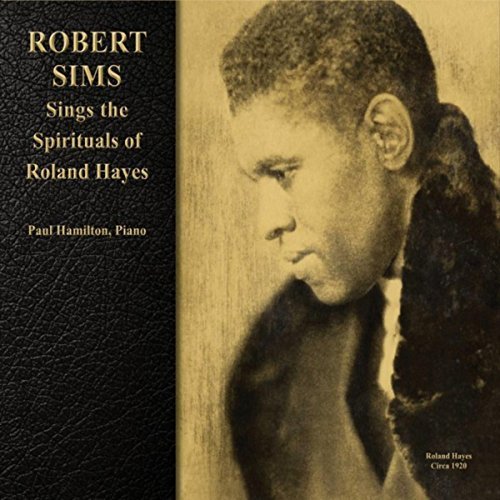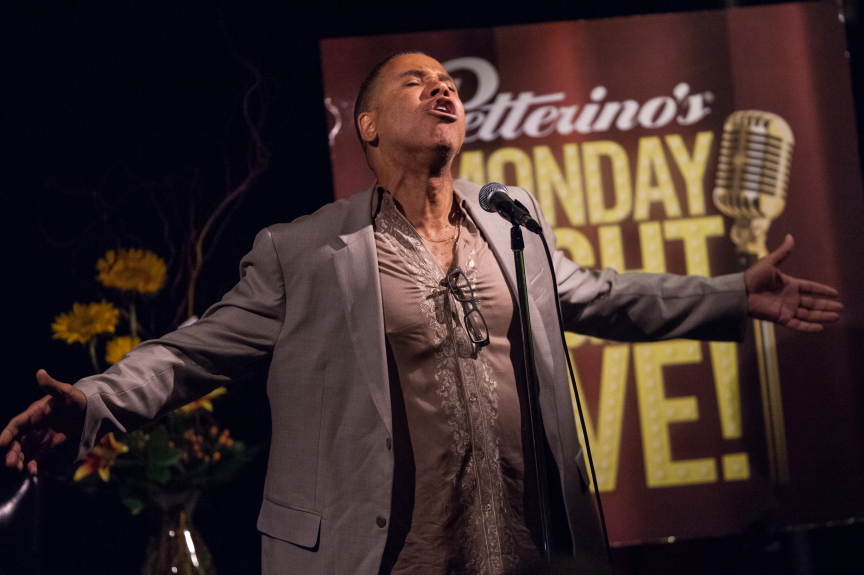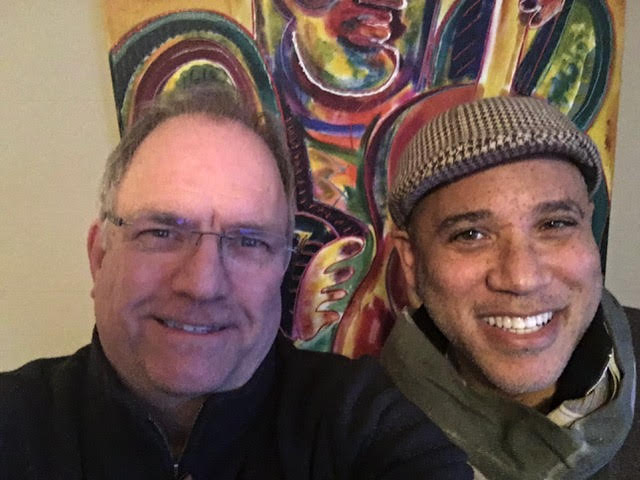ROBERT SIMS - PASSING THE TORCH
ROBERT SIMS, the classically trained lyric baritone who has performed for decades in prestigious venues around the world, evokes the passion and presence of Paul Robeson, Roland Hayes and others before him with every song he sings. His music, which comes from a rich and soulful place that most of us can only imagine, and the spiritual concerts that are his trademark, are keeping the archive of African American spirituals alive for future generations.
Sims has performed at Carnegie Hall and Lincoln Center, in concert with the Mormon Tabernacle Choir and the Gilbrator Philarmonic, among many others, and has had a long and distinguished operatic career. He toured nationally in the ensemble Three Generations, a celebration of American spirituals and folk songs with George Shirley, the late William Warfield and Benjamin Matthews.
High in demand as a performer and vocal coach, Sims has recorded numerous CD’s and collaborated on the recent biography Roland Hayes: The Legacy of an American Tenor with Christopher A. Brooks.
Robert Sims joined the conversation on January 27th following a concert appearance in Detroit to talk about how his career was influenced by Robeson and Hayes and the challenges they faced breaking down barriers.
Robert on the legacy of “Ol’ Man River” …
“It was considered Paul Robeson’s song and Bill Warfield’s song … and I’ll tell you how I started singing it. We were giving a concert in Philadelphia. On the morning of the concert Warfield had a heart attack … Three Generations went on as a duo (with Matthews) … and I sang ‘Ol’ Man River’ from William Warfield’s score from the movie. Then I started singing ‘Ol’ Man River.’ It means something different every time … [Bill] said he remembered singing it after Martin Luther King Jr. was assassinated … and the meaning then was like the river, we are going to keep flowing and keep fighting for civil rights ... Paul Robeson turned the song into a song of protest … Sometimes I think of it the way Paul Robeson thought of it … sometimes it is a song about the river flowing … how life continues to flow.”
On celebrating the history of spirituals …
“We do not tend to celebrate it in that … Out of this ugly experience came a music that has influenced the world. If I was in Japan right now, I would hear R&B, rock ‘n’ roll, jazz … all of that came from our contributions to music. There are some African Americans who are ashamed ... ‘We have new music!’ ... there is nothing new … they didn’t invent this.”
On the power of music …
“This is a very, very interesting time, but music heals. It stirs something up in the soul … And I think it is something that is needed now more so than ever … I am sure there will be some recycled folk songs, freedom songs, and civil rights songs that will come out of this time. Probably some songs about love and unity ... It is going to be very interesting to look back at this time in America and see what came out of this experience.”
On inspiring future generations …
“The voice is something so interesting because it is an instrument that is not outside of ourselves … One has to feel good about themselves … one has to feel that they can get up in front of people and present and that they are worth it … one has to feel that they have something to say … I am finding more than anything there is healing I have to do … to tell my students that they can do this. Then, when I get past that, I can say, ‘Now do it with joy.’”
CONVERSATION PODCAST
ROBERT SIMS WEBSITE
VIDEO PERFORMANCE Ol' Man River
ROBERT SIMS FEATURE PERFORMANCES (AUDIO)
Lit'l Boy
Wait 'Til I Put On My Crown









